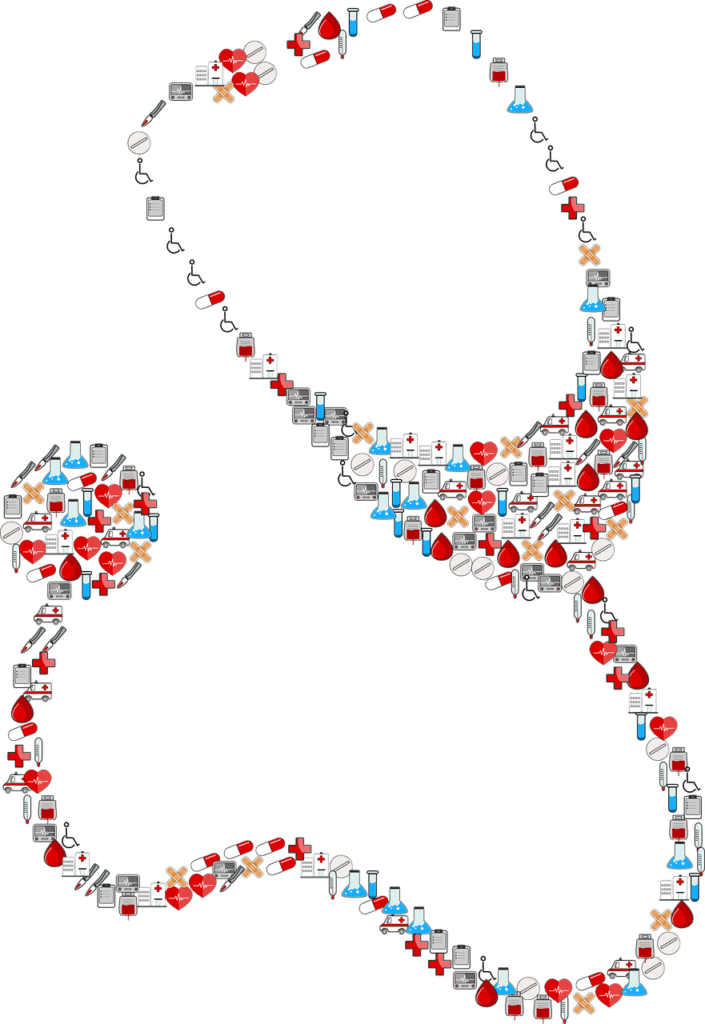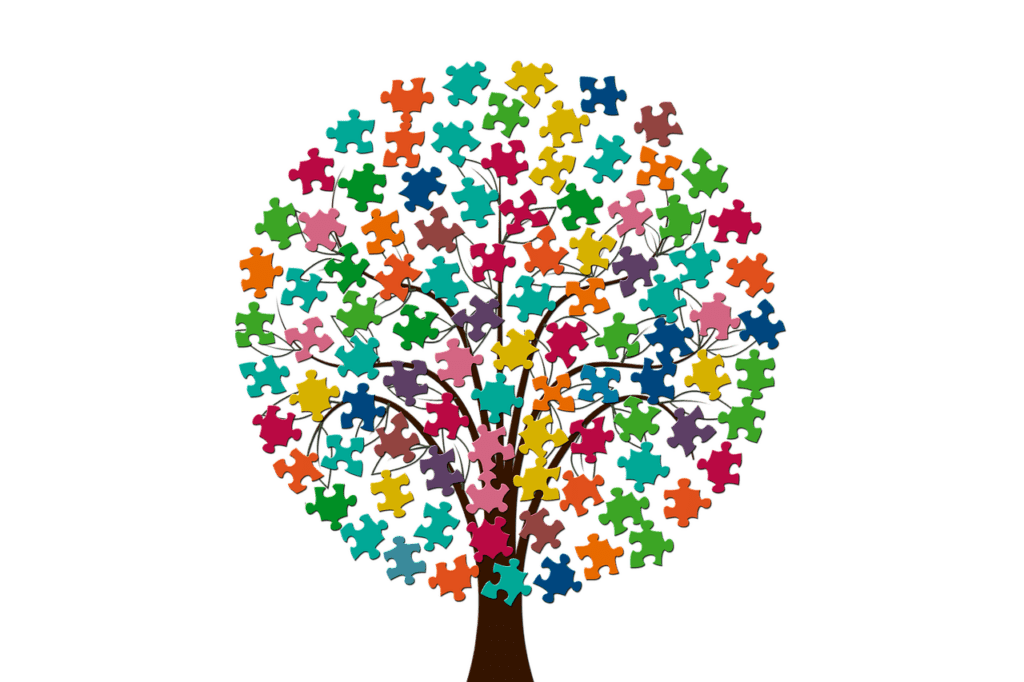
Teaching
I completed both a chief year and a master’s degree in curriculum and training to equip myself with knowledge and skills to teach healthcare professionals and communities. I use my experience and skills as guiding principles for creating robust educational programs for community groups, hospitals, clinics, and schools.

Michigan CARES
MI CARES arose from a meeting at the MDHHS where the state’s seven medical school deans convened in January 2018 to discuss opioid training in UME. It was quickly evident that there were no board-certified addiction medicine physicians on faculty at each university, so I proposed as our first step that we educate faculty to have trainers to train the students. Until 2023, ABMS board-certified physicians and AOA board-certified physicians can become board certified without doing a fellowship if they complete the Practice Pathway. MI CARES provides support for physicians going through this process. My interdisciplinary educational team has enrolled physicians from across the USA. As part of our support, we have a full advanced addiction medicine asynchronous curriculum that comes with free Continuing Medical Education credits to enhance board exam preparation.
Professional Students
Teaching learners prior to graduation from their professional programs is important to reduce the stigma against persons with SUDs. With the average attending physician having less than ten hours of addiction medicine training, it is important to educate across the continuum of healthcare professional education with a focus on preventing stigma by developing an understanding of the neurobiological underpinnings of addiction.
The Michigan CARES program includes an arm to teach medical students and other professional students including nurse practitioners, physician assistants, and social work students. It is adaptable to different programmatic needs and includes asynchronous pre-learning and synchronous small group-based learning complete with faculty notes.
Lastly, there is a GME program for both physician residencies and nurse practitioner residencies. The curriculum is based on a broad overview of SUDs by the substance of use. There are also general modules (e.g., epidemiology, ethics, and neurobiology), special populations (e.g., pregnancy, adolescents, and veterans), and behavioral health (e.g., behavioral interventions and gambling use disorders). The curriculum is delivered through asynchronous online modules that include both pre- and post-evaluation through board exam-style questions, attitude surveys, addiction clinical and didactical resources, and an optional discussion board.

Clinical Teaching
In my clinical space, I welcome learners from all disciplines interested in treating persons with a substance use disorder. I have hosted UME, GME, and CME physicians, nursing and advanced practice nursing students, physician assistants, social work, psychology, and others rotate with me and my team.

Medical Group and Hospital Teaching
I regularly provide didactics for small groups of individual providers and their clinical staff to help them begin treating persons with a substance use disorder in their outpatient primary care or obstetric clinics. I also provide large-scale didactics and discussions through events like Grand Rounds.
I provide expert consultation in creating and implementing ways to address the opioid epidemic by systems using a “5R’s” framework that includes a comprehensive model to address the opioid epidemic. Reducing prescribing, Removing excess medication from circulation, Recognizing through screening at-risk populations, Rescuing persons who overdose with naloxone, and Recovery through integrating substance use disorder treatment across the continuum of care from emergency departments, to hospital-based services, bridge clinics, and outpatient specialty and primary care.

Community Education
I am a highly sought-after community educator providing education to community groups including coalitions and school districts. My educational programs have included creating professionally edited educational events for teachers and group events for community engagement. By explaining substance use disorders in a relatable way, I can engage audiences of various backgrounds and encourage them to view substance use disorders with compassion, kindness, and energize them to mobilize their community around creating safer spaces both through prevention and treatment of substance use disorders.
